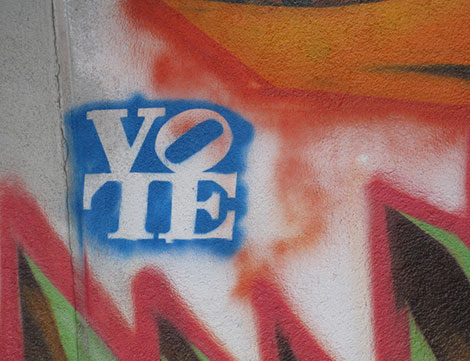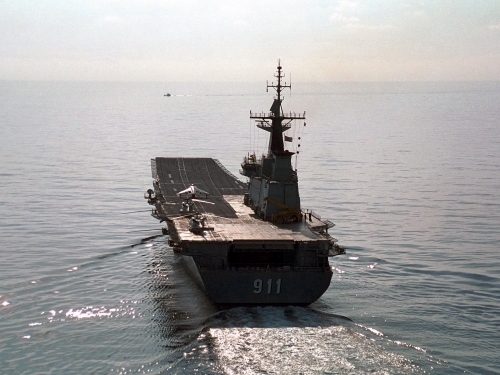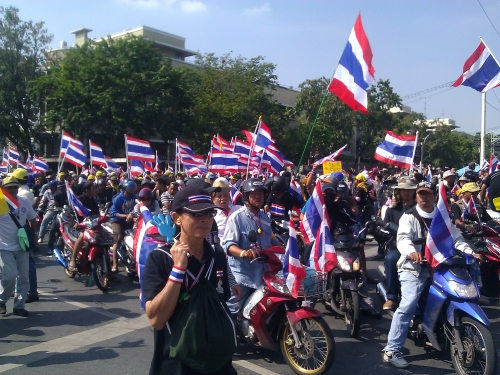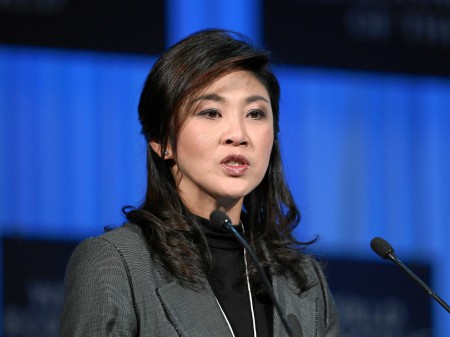
This article was originally published by the Council on Foreign Relations (CFR) on 9 December 2016.
Millions of people around the world went to the polls this year. The results provided plenty of surprises. British voters defied the pollsters and voted to leave the European Union. Colombians did much the same in rejecting their government’s peace deal with FARC, though Colombia’s president found a way to complete the deal a few months later without a vote. The biggest electoral surprise of all might have been in the United States, where Donald Trump defied the political experts and defeated Hillary Clinton. Perhaps 2017 will produce similarly surprising results. Here are ten elections to watch.




